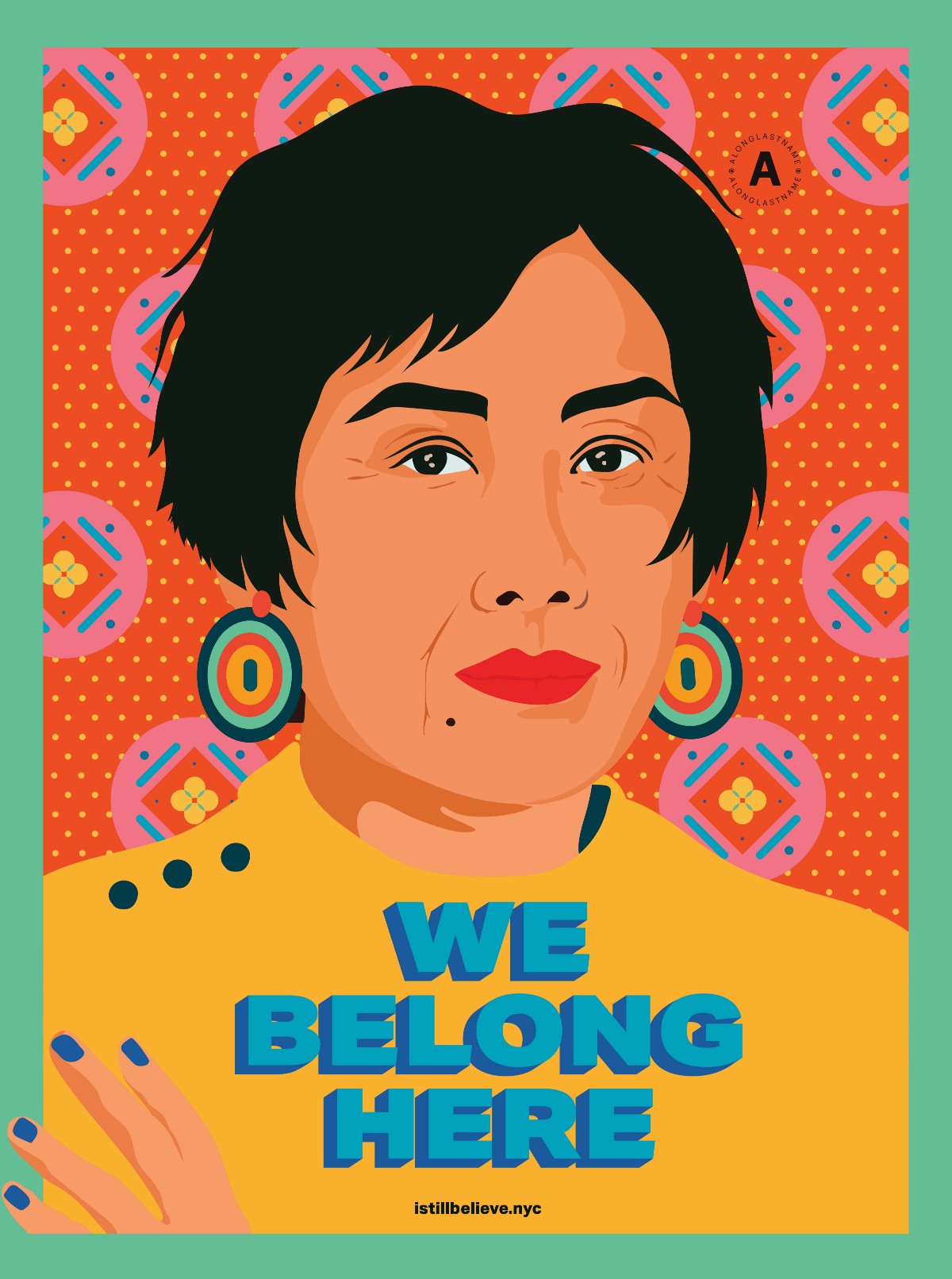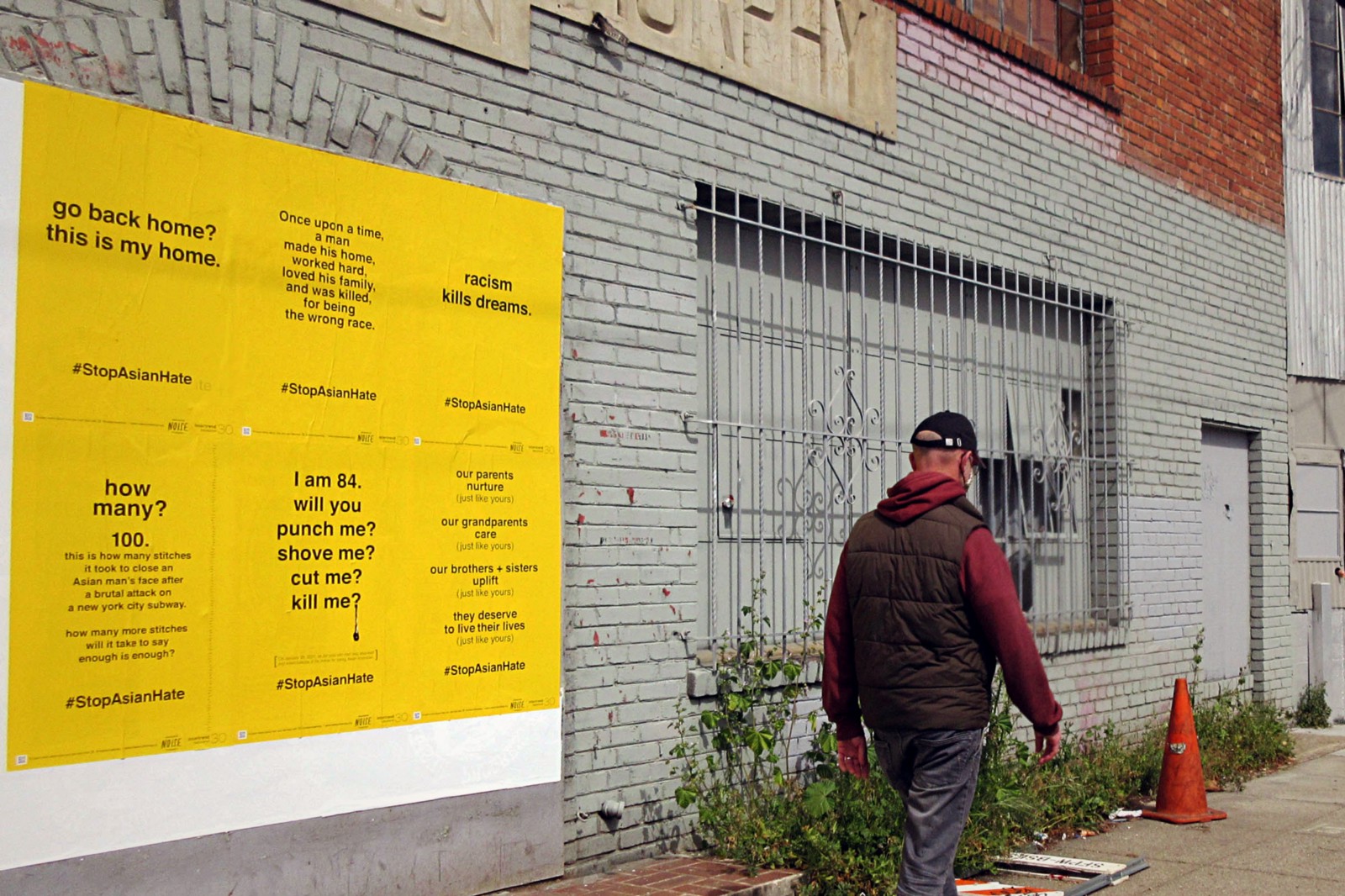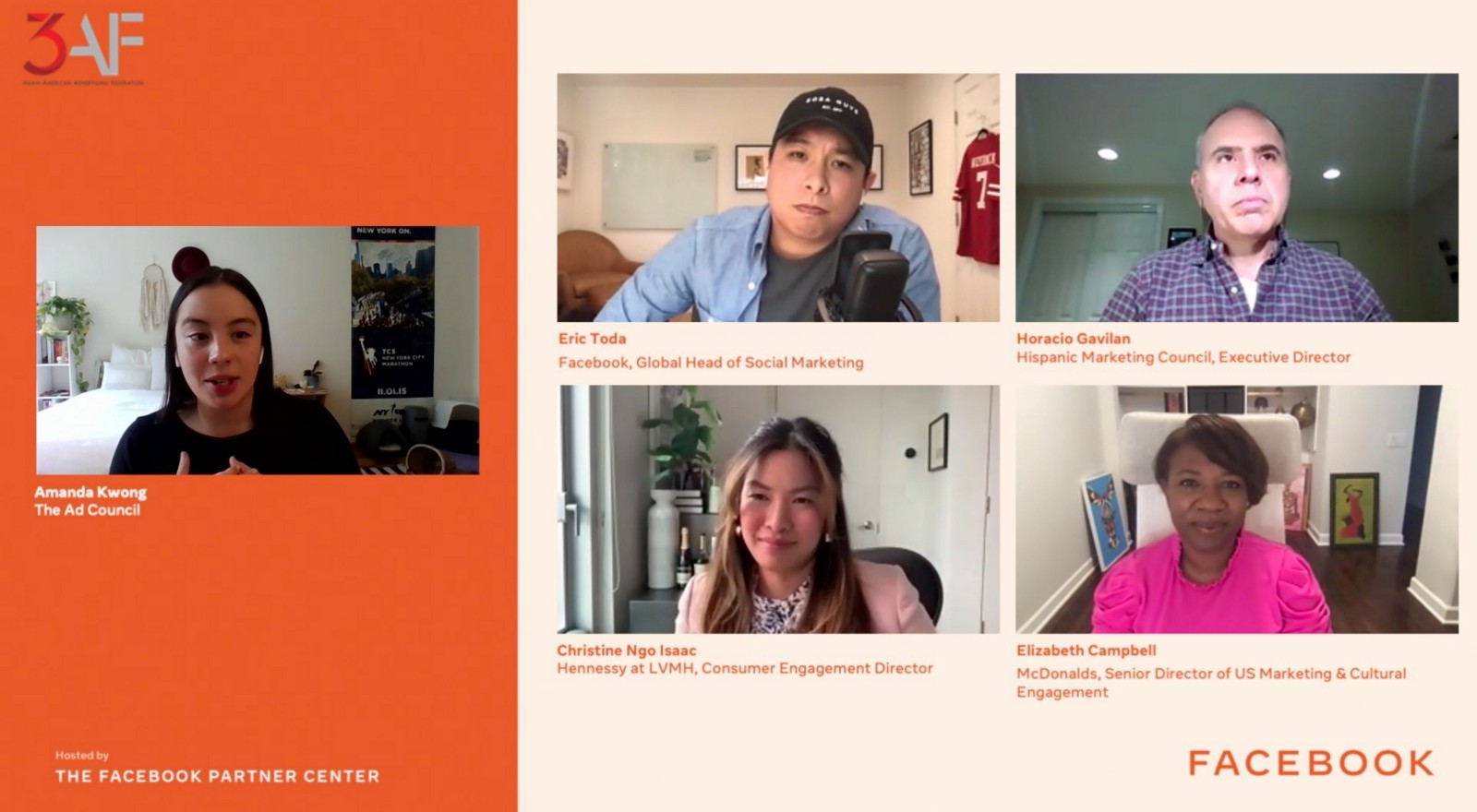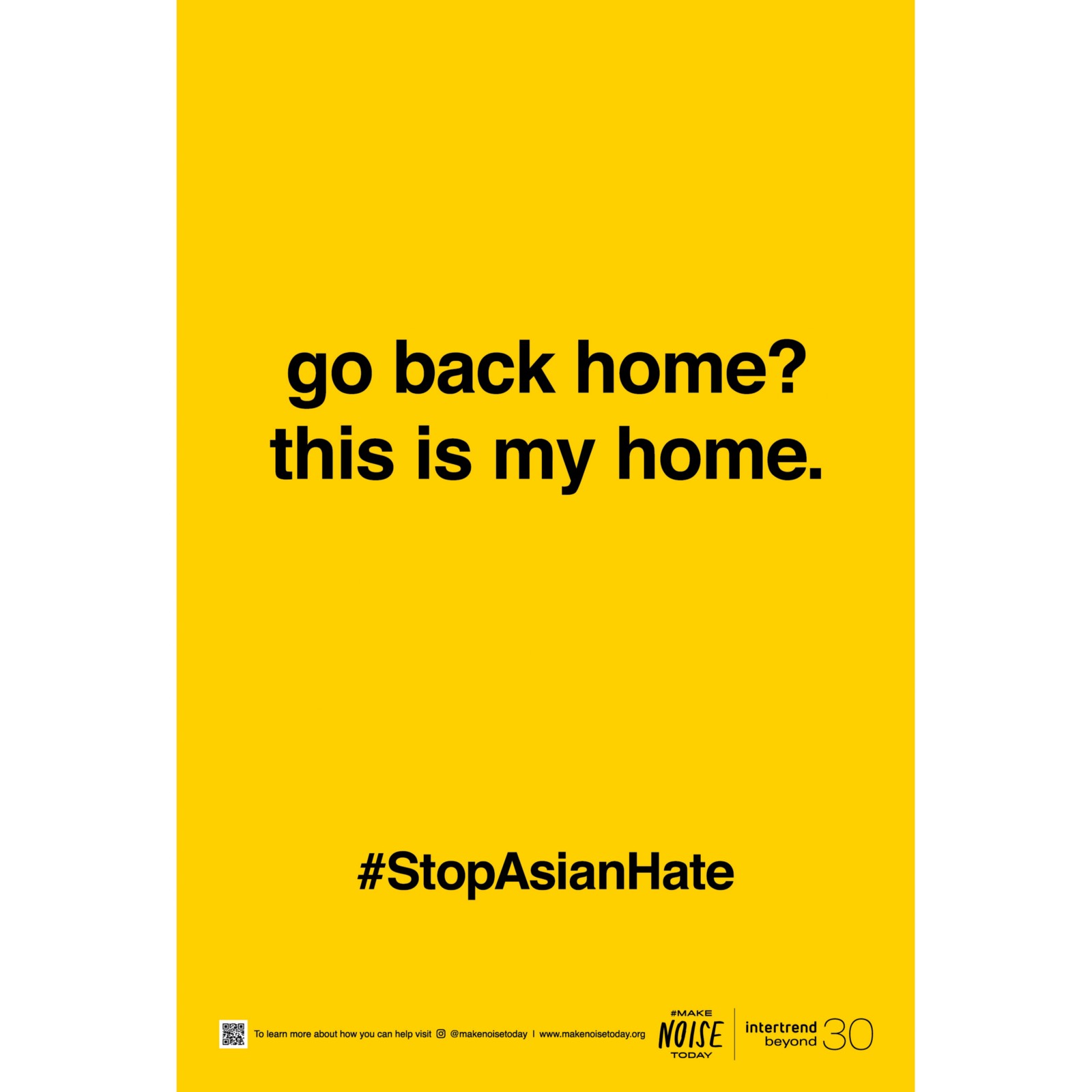Forward, Together: Addressing Anti-Asian Hate and Systemic Racism

3AF, the Asian American Advertising Federation, organized a townhall on March 16, 2021 on the subject of violence towards Asian Americans.
Indrajit Majumdar, 3AF President and Zee TV Executive Vice President, said, "When our board saw the dramatic spike in hate crimes towards Asian Americans, particularly our seniors, we wanted to do something about it. We hope you find this townhall informative and engaging and that, most of all, it inspires you to stop the violence and racism. We believe we need to go beyond the Asian community and collaborate with other groups and allies to stop the hate."
Richard Lui, MSNBC News Anchor, in his opening remarks said about the shocking escalation in openly racist assaults towards Asian Americans, "It really has asked us to reflect on where we are as a country, certainly. What is it that we care about, what is it that we will lean in on, where will we pitch in to make this different… Today's event will be a candid discussion on the rise of anti-Asian hate and what we can collectively do about it - solutions, that's the focus."
To provide some context, hate crimes towards Asian Americans surged 149% while overall hate crimes dropped 7% in 2020. Between March 2020 and February 2021, Stop AAPI Hate received 3,795 reports of anti-Asian hate incidents across the nation. Businesses are the primary site of discrimination at 35.4%, so a discussion as to what businesses and companies should be doing right now is particularly relevant.
Jay Kim, AAAZA President, moderated a panel consisting of:
Make Noise Today, Julia Huang, Intertrend Communications Inc., CEO
Wash the Hate, Telly Wong, IW Group Inc., Senior Vice President/Chief Content Officer
Racism is Contagious, Max Davidson, Admerasia, Chief Integrations Officer
They spoke about what has changed over the last year since they started their respective programs and what brands can do to take action.
Julia Huang shared how Make Noise Today started last spring from the perspective of busting Asian Americans out of narrative scarcity. When incidents increased, Make Noise Today then bought full page ads in the LA Times and New York Times as well as began a campaign of wild postings to "carve out a crisp and concise message to call out for attention that 'enough is enough.'"

She continued, "The changes we have been seeing is that people are speaking up. Not just the regular suspects being activists, but Asians in different walks of life who would have probably thought speaking up against racism as too sensitive… So we are seeing that uncomfortable conversations are taking place, because it's absolutely necessary. And the uncomfortable conversations are taking place among different Asian segments, demographics, and even generations. And most importantly, we're starting to have the conversation to address the complexity of racism and that Asians have to be included in that conversation when it comes to racism and we have to together build a coalition to work against systematic racism, that should transcend headlines because headlines may fade from our memories. What's happening to Asian Americans right now isn't just for Asian Americans to solve, it's the responsibility of all of us regardless of our race or ethnicity or where we came from."
Amanda Kwong, The Ad Council, moderated a panel consisting of:
Eric Toda, Facebook, Global Head of Social Marketing
Horacio Gavilan, Hispanic Marketing Council, Executive Director
Christine Ngo Issac, Hennessy at LVMH, Consumer Engagement Director
Elizabeth Campbell, McDonalds, Senior Director of US Marketing & Cultural Engagement
This group spoke about allyship, education, turning advocacy into action, resources available, and organizations to support.
Amanda Kwong asked how the cultural narrative around the AAPI community has changed over the past decade. Horacio Gavilan shared a study done that showed how the demographic of Americans aged 0–17 feel great kinship with one another across all communities of color, that they don't see themselves as any one label.
Eric Toda responded, "I do think this younger generation and this generation of us talking now - we're part of this cultural awakening. And this cultural awakening is about being prideful, about not just being lumped into a "shades of brown" community, but rather see me for who I am, be proud of who I am, understand me for the differences, and understand that those differences together make America very powerful versus just saying you need to assimilate to one culture or another."

Elizabeth Campbell said about her role, "It's important to make sure you have allies in terms of people who may not fit within a specific segment. I'm an African American woman, but part of my job is to make sure that I'm representing all consumers, specifically the African American, the Asian, and the Hispanic, but it's also my job to make sure I have empathy for those consumers. When you look at McDonald's as a system, you may have franchisees whose restaurants sit within the Asian community, but those owner operators may not be Asian so you have to make sure that they have empathy for their customers and their crew and people they're supporting. So we're attempting to make sure that as we're communicating externally, we're also building up that muscle internally as a company in partnership with our Diversity, Equity, and Inclusion team, so everyone can be a supporter of all the different segments. We need to all speak up, not just for people who look like us."
Christine Ngo Issac, on the subject of what brands should be doing, said, "We need to remember that as brand owners, we have a privilege and responsibility to use our powers for good. I think that can take place in a couple of ways. Number one, brand owners hold dollars and we need to think about how we're investing them. We need to give more power to the right voices. So when we're looking at where we're investing our media, should we be looking at media properties that are owned by peoples of color in the communities that we're trying to reach. It's about making sure we're supporting the right organizations. I also think we can't wait until there is a crisis to show our support, that empathy needs to happen every single day."
The townhall concluded with the four panelists sharing what they have been doing as individuals to combat racism and what others can do personally, including: speaking up in your workplace, standing up quickly for other communities of color, looking at hard data for direction on how to take action, and providing guidance to your family.
Listen to both panels in full here. Learn more about what you can do to speak out against anti-Asian hate by visiting the Make Noise Today website and following Make Noise Today on Instagram
